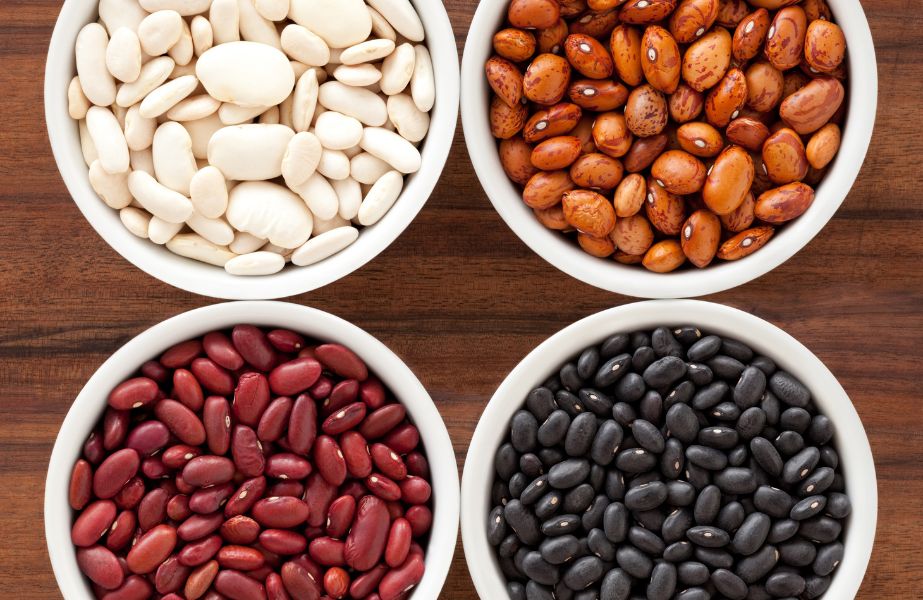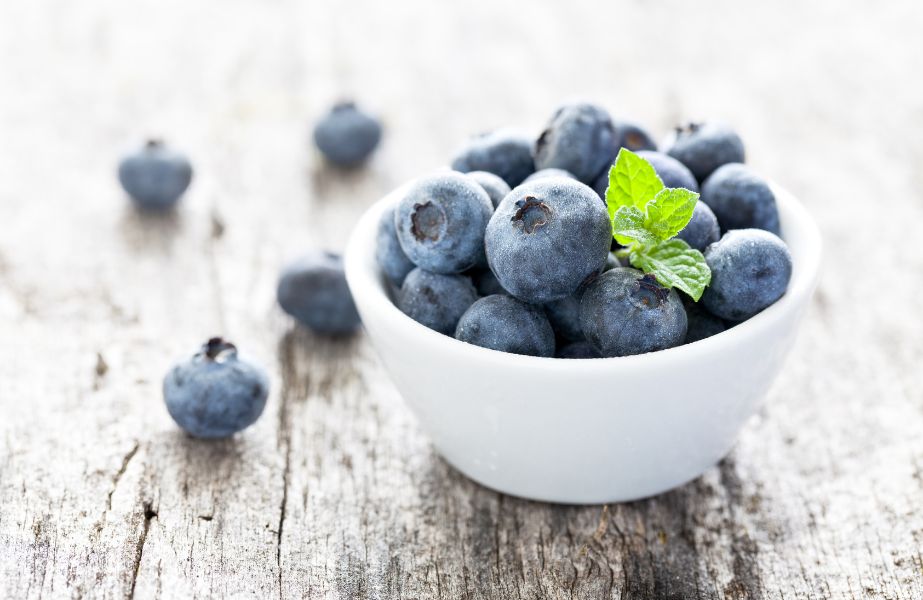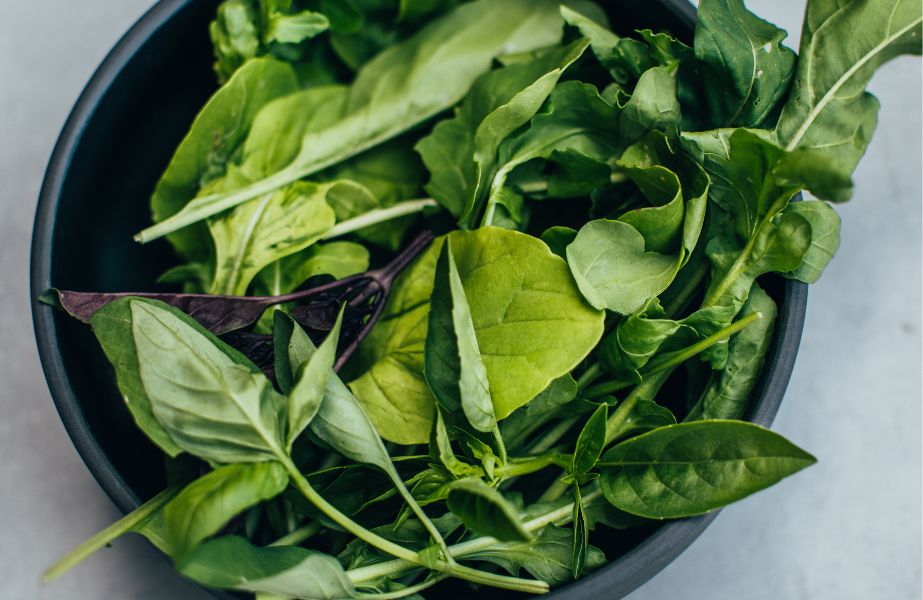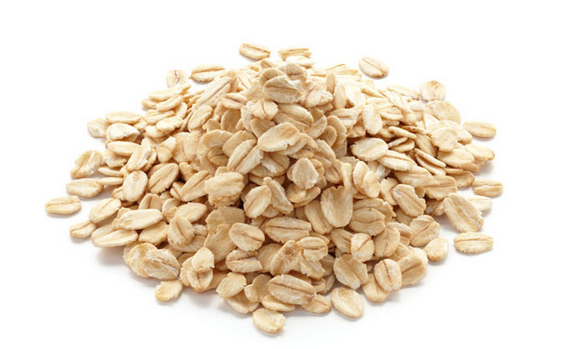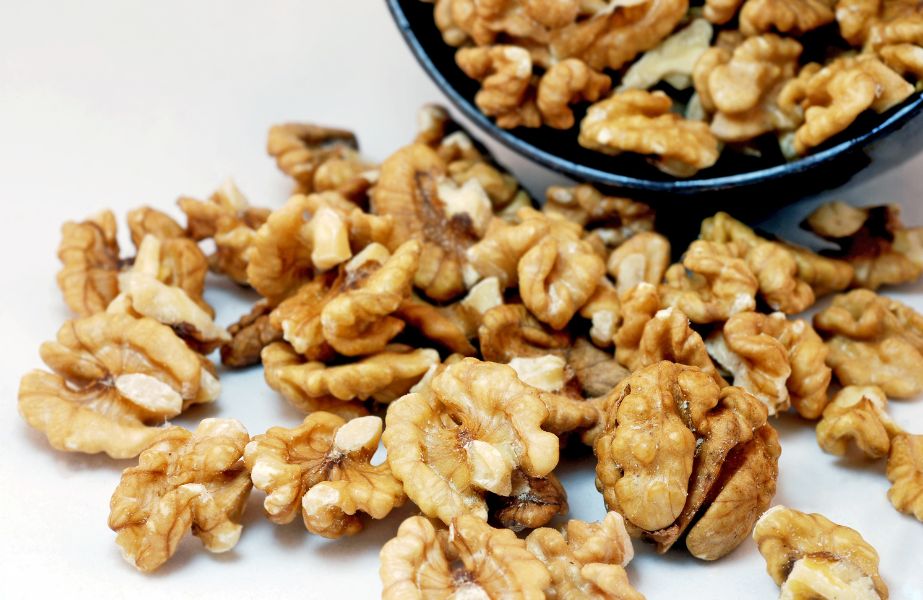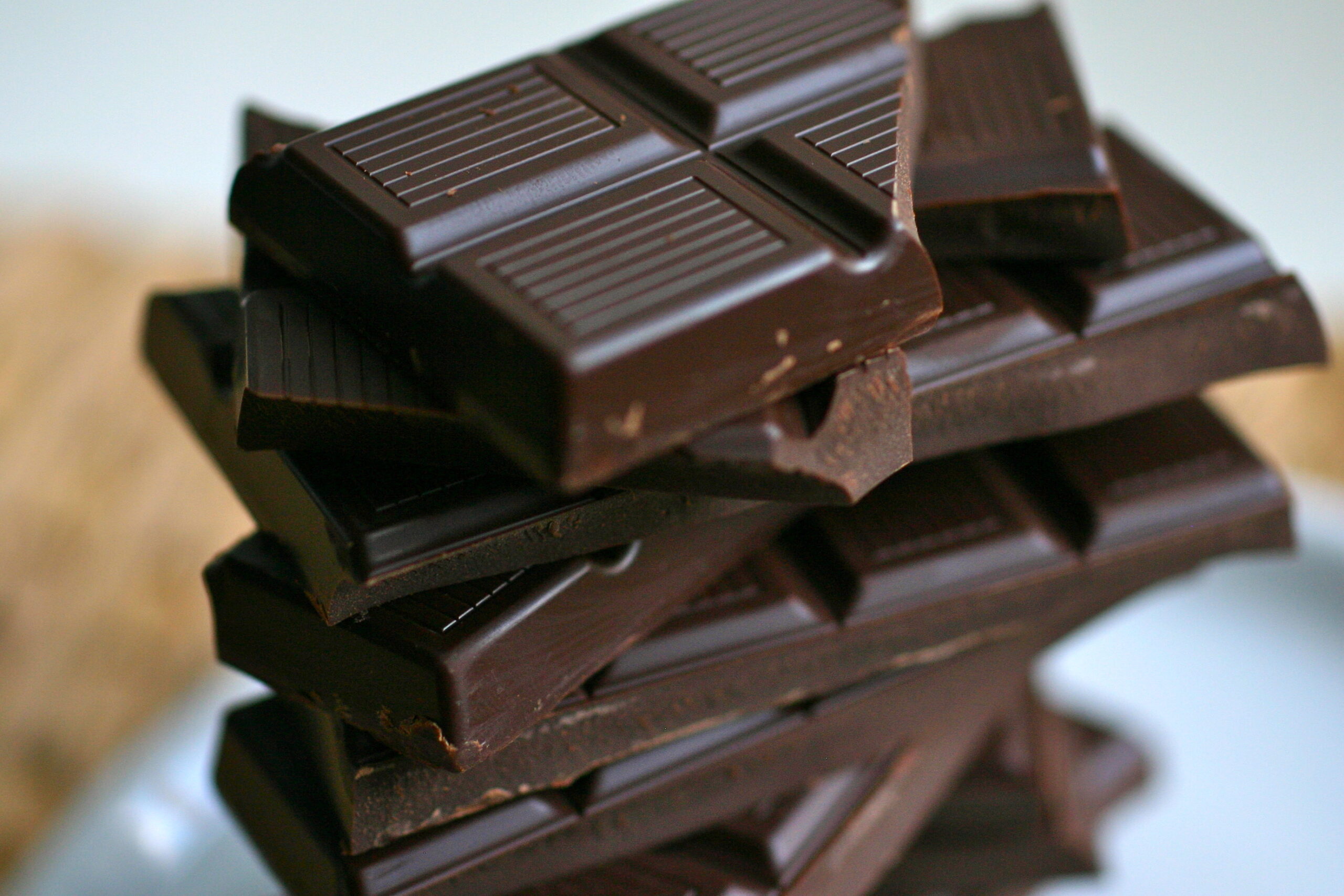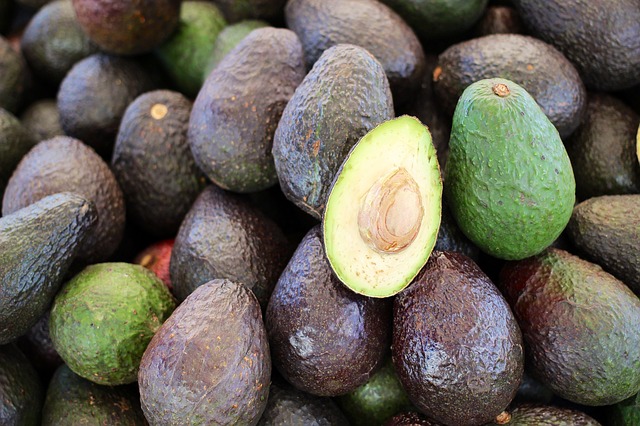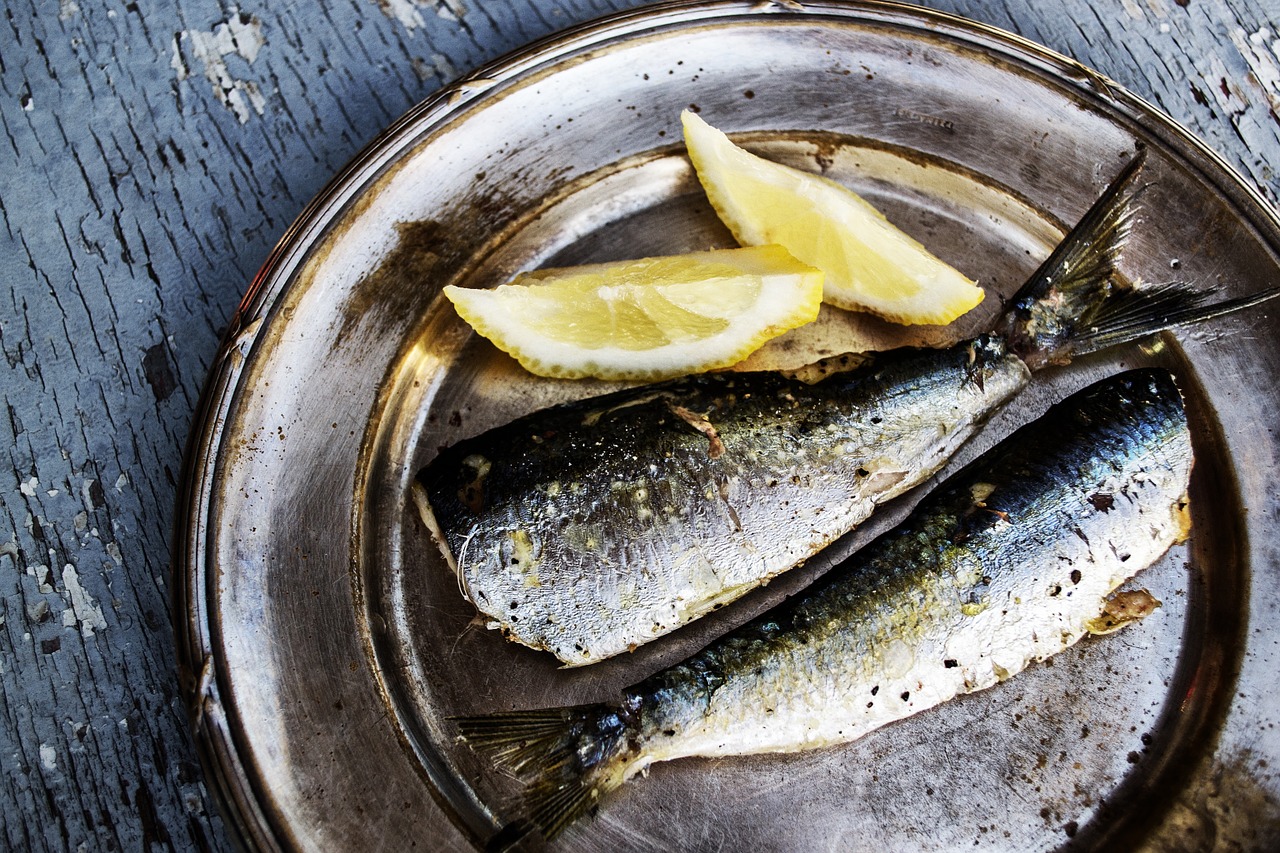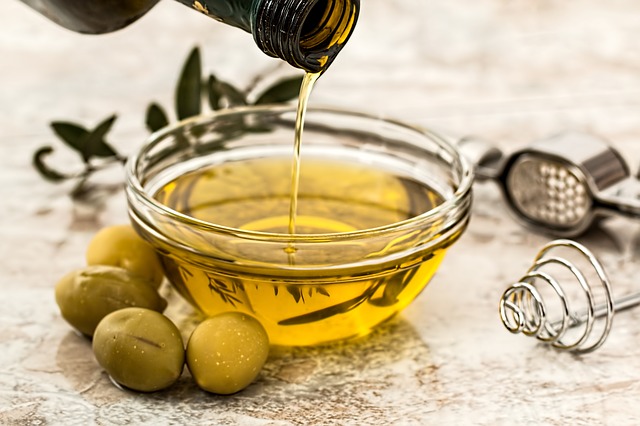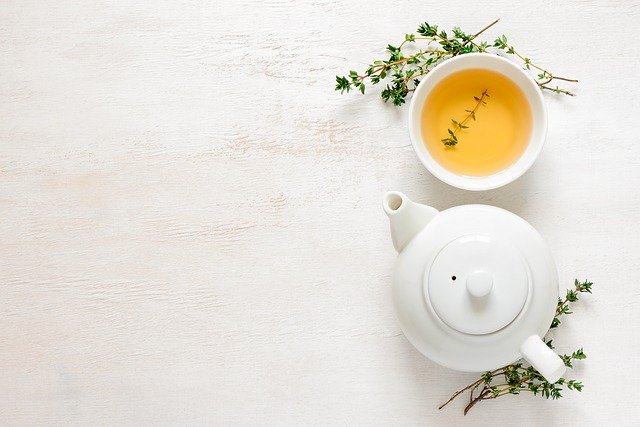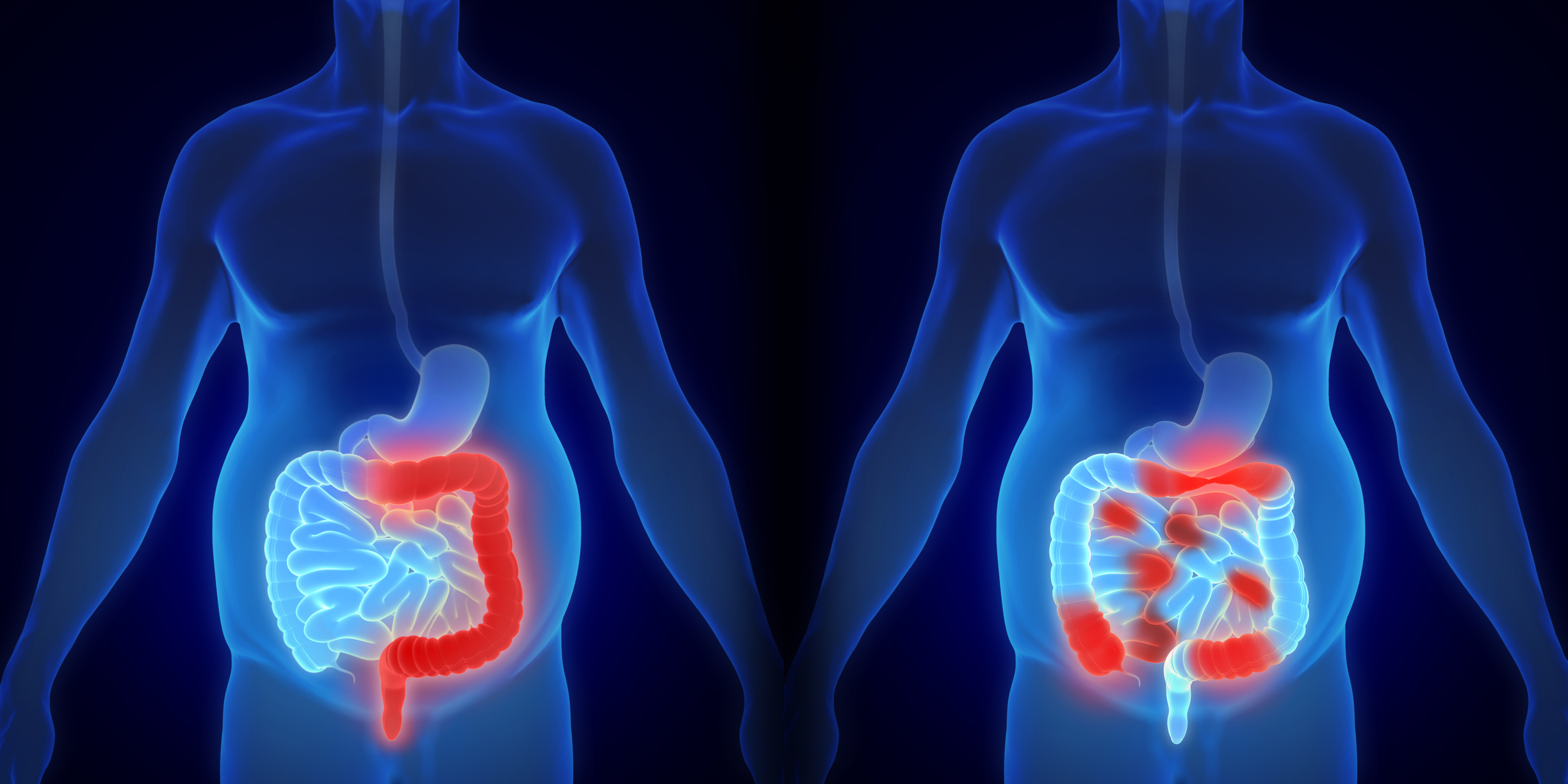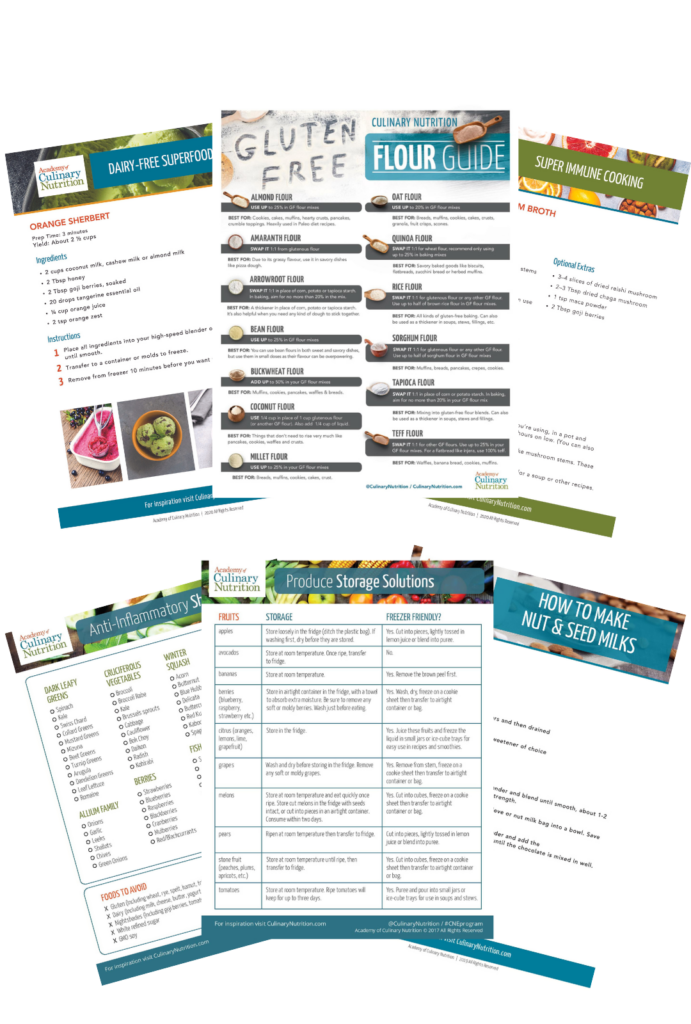10 Best Foods for Brain Health and Alzheimer’s Prevention
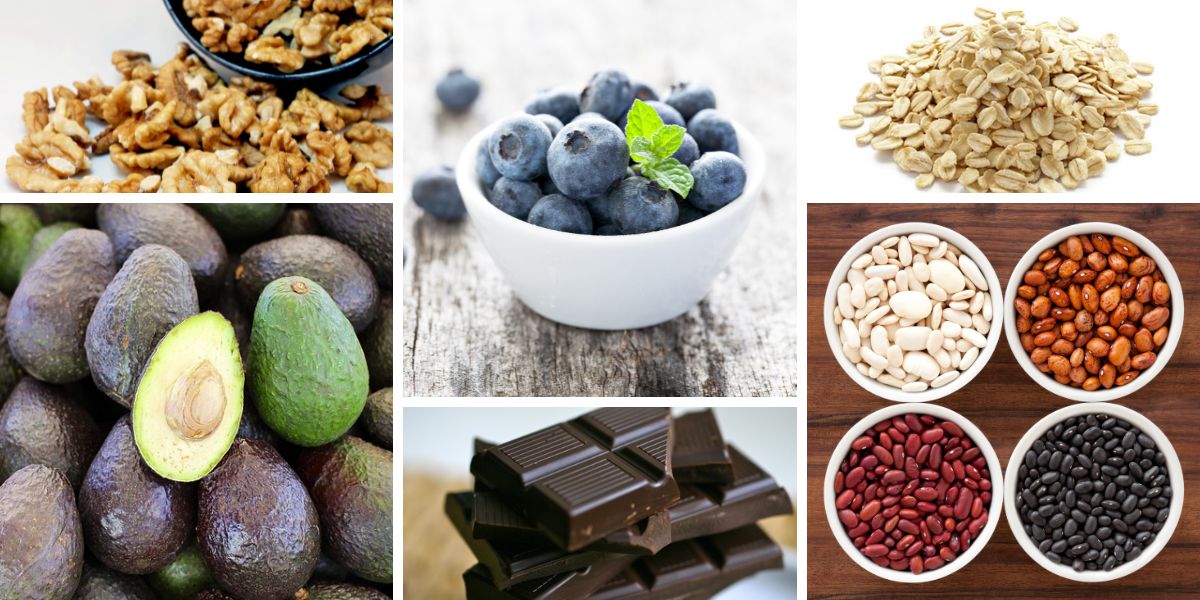
When you hear the word dementia, what comes to mind? Perhaps there is a twinge of fear, or it conjures up an image of an older person looking lost. While many of us don’t think about Alzheimer’s until much later in life, it is a sneaky and silent disease that quietly develops in mid-life (or earlier) with few diagnosable symptoms. The positive aspect here is that there are many incredible, best foods for brain health and Alzheimer’s prevention we can consume.
What Is Dementia?
Dementia is really an umbrella term for a number of diseases related to cognitive decline, including:
- Alzheimer’s disease
- Lewy body dementia
- Vascular dementia
- Frontotemporal dementia and
- Mixed dementia
Alzheimer’s disease accounts for the majority of dementia cases (60-80%), affecting over 432,000 Canadians and over 6.5 million Americans; two thirds of those affected are women.
When my mother in law was diagnosed with early onset Alzheimer’s six years ago, our world turned upside down. Once I began to research this terrible disease, I realized its far-reaching impact and prevalence. For American women aged 45, the lifetime risk of developing Alzheimer’s is 20% (1 in 5), for men it’s 10% (1 in 10), yet most of us don’t have brain health on our radar in mid-life. Think of it this way – if you’re a self-identifying woman out for dinner with your four besties, statistically one of you is likely to develop Alzheimer’s.
Impact of The Best Foods for Brain Health
And while the statistics are disheartening, there is still so much hope! Leading neurologists Dr. Dean Sherzai and Dr. Ayesha Sherzai state, “Ninety percent of us can avoid ever getting Alzheimer’s, and for the rest of us, the 10 percent with the strong genetic risk for cognitive decline, the disease can potentially be delayed by ten to fifteen years.” This is based on available scientific research and the results that the Sherzai’s have seen in their clinic, which is good news for all of us!
But what exactly helps delay or possibly reduce your risk of ever getting Alzheimer’s? Pharmaceuticals haven’t cut it, despite decades of research and millions of dollars spent, leaving those with Alzheimer’s feeling hopeless. What the research does show is the profound impact that lifestyle changes can have on the risk of developing this devastating disease. Maybe you’ve already guessed that food plays a part, but did you know that nutrition has a massive impact on brain health? Along with nutrition, research shows that exercise, stress management, quality sleep and cognitive challenge also contribute to slowing down the progression of Alzheimer’s and may reduce the risk of it developing at all.
If you ask people what they fear as they age, many will say they fear losing their cognition – the ability to think, learn and remember. After all, our brain makes us who we are! And yet we are given the opportunity to support our brain health each time we pick up our forks. Enter the best foods for brain health!
Nutrition plays a significant role in reducing the risk of developing Alzheimer’s, as the foods we eat can help lower inflammation, balance blood sugar and reduce oxidation – all of which contribute to Alzheimer’s. If this excites you, I have good news – there are many delicious foods that support brain health, backed by available research! Get ready to feed your brain an Alzheimer’s prevention diet as we dive into the top 10 below!
10 best foods for brain health and Alzheimer’s prevention
Beans
These amazing plant-based sources of protein are packed with fibre, vitamins, minerals and phytonutrients (aka superstar plant chemicals our body needs)! By including beans in our diets, there could be an improvement in heart disease and type 2 diabetes – both of which increase the risk of developing Alzheimer’s.
Beans could also help lower inflammation in the body, increase gut microbiome diversity and improve colon health. All these improvements contribute to a lower risk of developing Alzheimer’s, as well as improving our overall day to day health. And if you struggle with the, ahem, side effects of including beans in your diet, start slow by adding just a few tablespoons to your meals. Slowly work your way up and check out these tips for eating more beans and farting less.
How you cook your beans can play a role too – check out this guide to cooking beans and grains.
Blueberries
You may have heard that blueberries are good for the brain – it’s true! Berries in general are healthy fruits to include in your diet regularly, as they are a wonderful source of fibre, vitamins and flavonoids. Anthocyanins, the plant compound that gives beautiful purple and red colours to fruits and vegetables, are considered anti-diabetic, anti-cancer, anti-inflammatory and anti-microbial! They are also considered helpful in the prevention of heart disease.
All these characteristics make red and purple foods a slam dunk for including in a brain healthy diet. In addition, blueberries are likely a strong contributor to better brain health, as described in this study: “Berry-derived anthocyanidins are uniquely and specifically capable of both crossing the blood-brain barrier and localizing in brain regions involved in learning and memory.” Amazing! Pass the blueberries please…
Find tons of blueberry inspiration in these 21 recipes.
Leafy Greens
You had to know greens were going to make the list! These nutrient-packed plant superstars are an amazing source of brain supportive nutrients like folic acid, lutein, Vitamin E and beta carotene. According to the MIND diet study, green leafy vegetables are one of the top contributors to slowing cognitive decline.
If you find greens tough to include in your diet, know that there are many varieties to try and multiple ways to cook them. Find a green you enjoy and a cooking method you can easily take on, then experiment from there.
Gluten-Free Whole Grains
A wonderful source of vitamin E, whole grains like oats, millet, quinoa, buckwheat and brown rice can contribute to cognitive health. Vitamin E is known to provide protection to the brain and whole grains are a great way to include this in your diet. Whole grains are also a source of fibre, which is good for the gut; because there is a gut-brain connection, taking care of our gut is also helpful for the brain.
Walnuts
All nuts are powerhouses of protein and healthy fat, and are also a great source of vitamin E. Vitamin E is brain protective and the MIND diet study indicates that including nuts versus following a low fat diet leads to higher cognitive scores.
Walnuts are especially brain protective, with some studies suggesting compounds within walnuts improve communication between brain cells and help create new brain cells, while also lowering inflammation and oxidation – all incredibly helpful for the brain!
Dark Chocolate
Where are all the chocolate lovers at? This brain power food is for you! Dark chocolate (think 70% plus cocoa content) is rich in flavanols, which have been shown to help fight inflammation, increase energy, supply the brain with oxygen and even carry nutrients to the brain! There is also some evidence that dark chocolate could help improve memory and mood.
Grab your guide to chocolate – and try one (or two or three) of these delicious dairy-free chocolate recipes.
Avocado
This creamy, delicious fruit is a brain-healthy choice due to its high levels of mono-unsaturated fats (the same fat found in olive oil), fibre, potassium and vitamin E. The healthy fat found in avocado also helps your body absorb other nutrients like lycopene (think red peppers, tomatoes, etc.), which are especially important for the cardiovascular system. Because our brain has so many blood vessels bringing nutrients to it, whatever is good for the heart is also good for the brain, making avocado an excellent choice.
Mackerel, Salmon, Herring and Sardines
These seafood varieties are incredibly rich in omega 3 fats (you can also find them in high quality fish oil supplements).
For the brain specifically, omega 3s are correlated with increased executive function – meaning improvements in working memory, flexible thinking and self-control. Another recent study found a significant association between fish oil consumption and a lower risk of dementia.
You can also find omega 3s in chia seeds, hemp hearts and flaxseeds, but these plant forms have to go through a conversion process in your body, which affects the final amount of omega 3s available to your body.
Including fatty fish and omega-3-rich seeds in your diet is a great way to ensure you’re getting this healthy brain food on the regular.
Olive Oil
Recognized as a staple in the Mediterranean diet, olive oil has been associated with slower cognitive decline due to its high mono-unsaturated fat content and polyphenols. This means swapping in extra virgin olive oil for your low heat cooking needs and salad dressings is a brain healthy option. Olive oil is susceptible to damage from heat and light, so be sure to choose oil stored in dark glass bottles.
Tea (Green or Black)
Unsweetened tea can be a powerful way to include brain healthy anti-inflammatory compounds. A new study indicates drinking three cups of tea (green or black) per day could help reduce the risk of dementia. Another study indicates that black tea is helpful for cardiovascular function; as mentioned above, improving heart health also improves brain health, keeping those brain supporting blood vessels healthy.
You can incorporate tea in your cooking and baking recipes, too!
More Brain Foods and Alzheimer’s Prevention Diet Tips
While these specific foods have been shown to have benefits for your brain and may reduce your risk of Alzheimer’s, research supports the inclusion of many plant-based foods in your diet, as they all contribute to a healthy brain (and body). In general, the MIND diet study has shown a slower cognitive decline in people who regularly eat multiple servings of:
- leafy greens
- berries
- beans
- nuts
- whole grains
Using olive oil is also considered beneficial, as well as eating less red meat, margarine, pastries, sweets and fried foods.
For our family, we have chosen to follow a plant-heavy diet that closely mirrors the MIND Diet. Since incorporating these foods for brain health into our way of eating in 2018, we have seen a slowed rate of decline in my mother in law. While this is completely anecdotal, we are grateful for each day we have together and will continue to do what we can to slow the terrible march of this disease.
If making changes to the way you eat feels daunting, know that even moderate adherence to the MIND diet shows some benefits. This means start where you’re at, add in the best foods for brain health you can and keep going from there.
Making a massive diet shift for brain health and Alzheimer’s prevention can feel really hard, but taking it one step at a time allows you to create a more sustainable healthy eating lifestyle over the long run. Since 20-25% of the food you consume is used to fuel your brain each day, it’s definitely worth taking the time to evaluate what you’re feeding that amazing brain of yours!
About The Author: Alyssa Flegg

Alyssa Flegg is a professional accountant turned Registered Holistic Nutritional Consultant and Culinary Nutrition Expert who is passionate about helping women skyrocket their energy and improve their brain health through changing their nutrition. Alyssa teaches her clients healthy approaches to good health that are founded in balance and consistency, through her twelve week signature program Skyrocket Your Energy.
She loves offering cooking classes and workshops that introduce people to the delicious and easy ways they can incorporate energy boosting and brain healthy foods into their daily lives.
Learn More: www.mindswellfed.ca
Facebook: @mindswellfed
Instagram: @mindswellfed
Free Resource Library
Enjoy more than 40 downloadable guides, recipes, and resources.
















